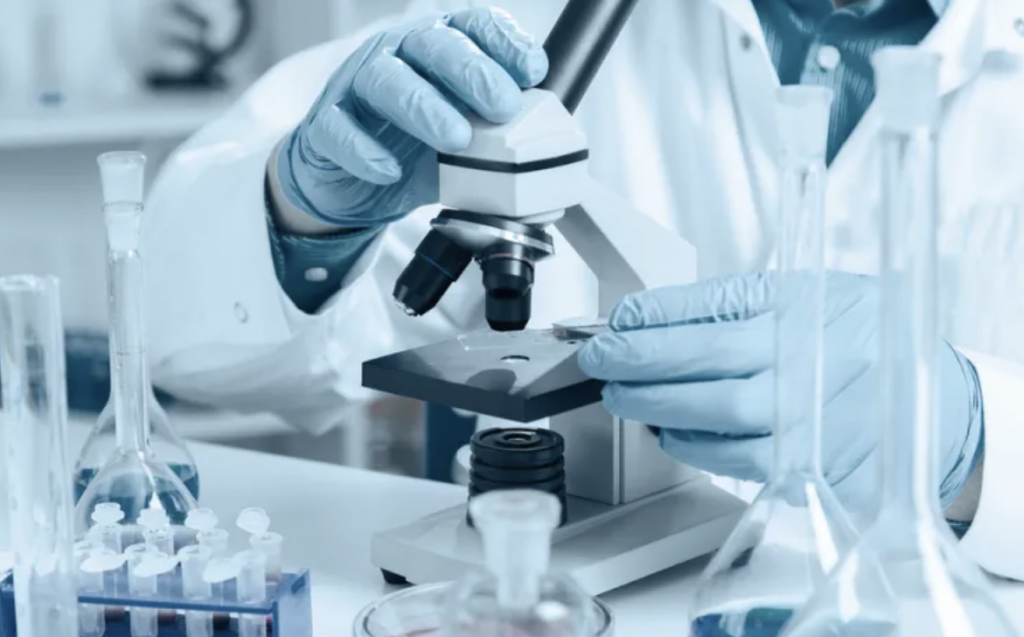The National Institutes of Health (NIH) on Friday reversed restrictions on federally-funded research using fetal tissue and organs of aborted babies.
The Department of Health and Human Services (HHS) said in a notice to the “extramural research community” – researchers who are not at NIH facilities – that it would be removing the Trump administration’s 2019 requirement that a federal ethics advisory board review all proposals for fetal tissue research.
Tom McClusky, president of March for Life Action, called the announcement “very disappointing.”
“This type of experimental research is a gross violation of human dignity and is not where the majority of Americans want their tax dollars being spent. The government has no business creating a marketplace for aborted baby body parts,” he said.
The HHS Department in June 2019 halted new research using fetal tissue of aborted babies at NIH facilities; for federally-funded fetal tissue research outside NIH facilities, the agency required approval by federal ethics advisory boards.
Xavier Becerra, HHS Secretary, previewed the announcement on Thursday at a hearing of the House Appropriations Committee. He told members to expect an announcement on fetal tissue research on Friday.
With the new policy, the Biden administration “would force Americans to be complicit in barbaric experiments using body parts harvested from innocent children killed in abortions, with no limits of any kind,” said Marjorie Dannenfelser, president of the Susan B. Anthony List.
Dr. Tara Sander Lee, senior fellow and director of life sciences at Charlotte Lozier Institute, said that the policy “defies both the best ethics and most promising science.”
“Exploiting the bodies of these young human beings is unnecessary and grotesque,” she said. “There are superior and ethical alternatives available such as adult stem cell models being used by countless scientists worldwide to develop and produce advanced medicines treating patients now, without exploitation of any innocent life.”
The Charlotte Lozier Institute claimed that fetal tissue was previously used for humanized mice experiments at NIH and Food and Drug Administration facilities, before the Trump administration's moratorium.
The NIH federal ethics advisory board, which convened in 2020, included several Catholic bioethicists such as Fr. Tadeusz Pacholczyk, director of education at the National Catholic Bioethics Center, and Greg Burke, co-chair of the Catholic Medical Association (CMA) ethics committee.
The board ultimately voted to withhold federal funding from 13 different fetal tissue research proposals, voting not to withhold funding of only one such proposal. The 13 proposals vetoed by the board contained “serious ethical and consent problems discovered during proposal review,” the Charlotte Lozier Institute said.
The 2008 Vatican document Dignitatis Personae said that researchers have a duty to refuse aborted fetal tissue “to remove oneself, within the area of one’s own research, from a gravely unjust legal situation and to affirm with clarity the value of human life.”

